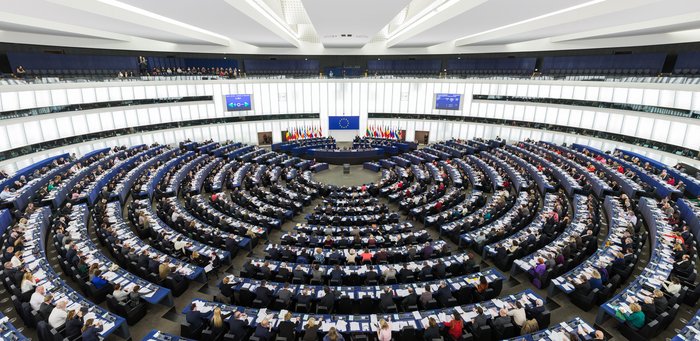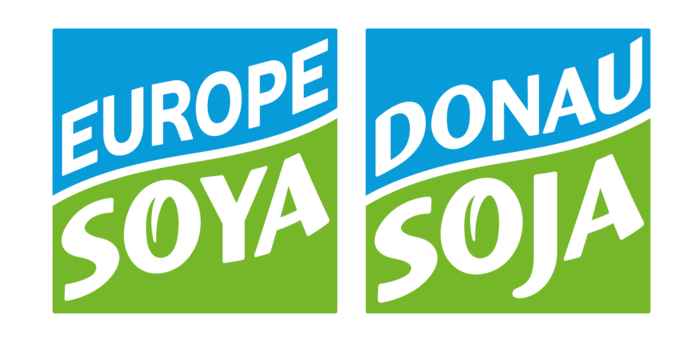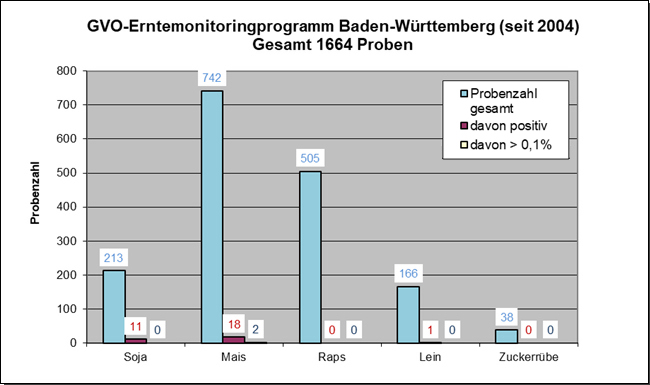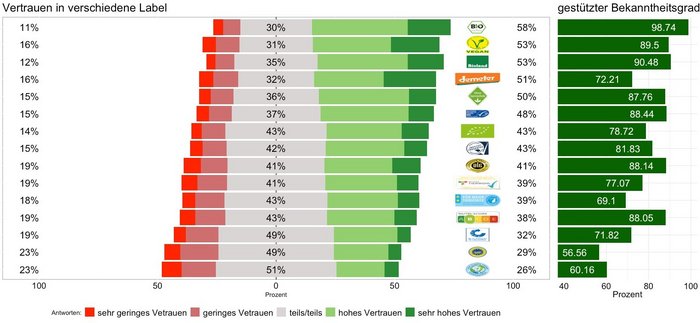News

England: Genetic engineering deregulation for research only for now
The announced deregulation for certain new genetic engineering processes in England after Brexit is taking shape. Initially, it will apply "only" to research. For commercial cultivation and use in food and feed, approval procedures and labelling will remain in place.

EU conference: Stop the deregulation of genetic engineering!
The plans of the EU Commission to deregulate genetic engineering threaten consumers as well as the "Ohne Gentechnik" and organic farming sectors. The new German Traffic Light coalition government can make a decisive contribution to stop these plans. According to the Commission, all options are still open. A high-level conference is being held today in Brussels to discuss this topic.

“Traffic Light Coalition” agreement and assignment of ministries: Green Light for "Ohne Gentechnik"
The words "genetic engineering" do not appear in the new German “Traffic Light Coalition” agreement between the Social Democrats (SPD), the Greens Party (Bündnis 90/Die Grünen) and the Liberals (FDP). However, commitments to transparency, risk and detection research and the designated assignment of the agricultural, environmental and economic ministries are a good political omen for the "Ohne Gentechnik" [Non-GMO] sector.

Tegut is first ENGA member from the food retail sector
The [German] Tegut supermarket chain is the first corporate member from the food retail sector in the new European "Ohne Gentechnik" association ENGA (European Non-GMO Industry Association). This further strengthens the voice of this important economic sector in Brussels.

More than 70,000 comments on EU’s GMO deregulation plans
More than 70,000 EU citizens, associations and organisations took the opportunity to comment publicly on the EU Commission's GMO deregulation plans. In this context, VLOG, among others, warned once again of the major economic risks of such deregulation for the “Ohne Gentechnik” [Non-GMO] sector.

Anuga 2021: Retailers oppose genetic engineering deregulation plans
Other major European retailers have joined a joint resolution against the EU Commission's deregulation plans, under which many new GM products would no longer be recognizable as GM in the future. The future German government has a crucial role to play in defending the interests of consumers and the "Ohne Gentechnik" [Non-GMO] and organic industries in Brussels.
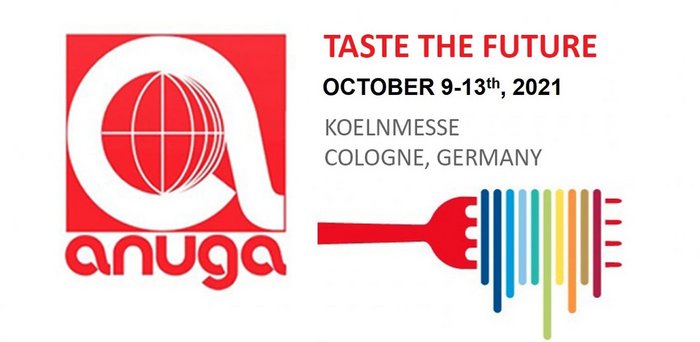
Anuga 2021: Great potential for "Ohne Gentechnik" pork and beef
"Ohne GenTechnik" [Non-GMO] has become the almost universal standard for dairy products within just a decade, accounting for a good three-quarters of the total. The majority of chickens, turkeys and other poultry in Germany are now also fed GMO-free, so that eggs and poultry meat are around two-thirds "Ohne Gentechnik". For beef and pork, the proportion has so far been significantly lower. But that is likely to change soon.

Food Trend "Clean Label" at Anuga 2021: Three quarters of milk in Germany produced without genetic engineering
More than three quarters of milk in Germany is now produced without genetic engineering, the share is 76 percent in total. Ten years ago, it was only five percent. The upcoming Anuga in Cologne, Germany, will put the spotlight on the boom in "Ohne Gentechnik" [Non-GMO] and other "clean labels" starting October 9, and VLOG will also be present at the central food trade fair.

Great Britain's roadmap for the deregulation of genetic engineering
The British government now wants to apply Brexit to genetic engineering regulations as well. Plants developed with new genetic engineering are soon to be exempted from regulations on genetic engineering. This is intended to strengthen the UK's role as one of the leading countries for genetic engineering research. British farmers and food exporters are facing hard times.

Switzerland extends moratorium - also for new genetic engineering
The Swiss National Council has voted to extend the moratorium on genetic engineering, which has been in place since 2005, until the end of 2025. The approval of this second chamber of parliament is considered certain. The moratorium now also explicitly applies to new genetic engineering methods. Motions to exempt these had been rejected by a large majority in the National Council.

"Climate eggs" through local soy feed
If egg laying hens are fed with local soy instead of imported soy from South America, the climate impact of their eggs shrinks by 41 percent. Soy cultivation in Europe has great potential and can be a component in securing GMO-free feeding, which is currently burdened by high prices for imported soy.


